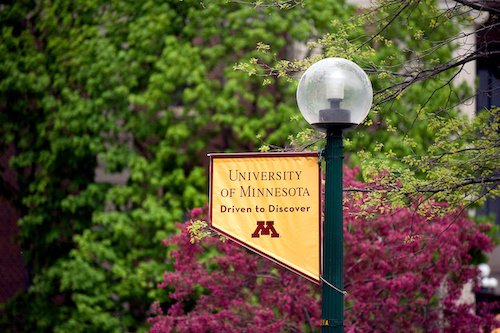
RARE-OB-16: Rare CFTR Mutation Cell Collection Protocol (RARE)

We are doing the RARE study to learn more about Cystic Fibrosis (CF). CF is caused by mutations in a gene that produces a protein called the cystic fibrosis transmembrane conductance regulator (CFTR). In people with CF, the CFTR does not function correctly. Medications are being developed to help the CFTR function better, but those medications mostly benefit people with common CFTR mutations. There are more than 1,900 mutations of the CF gene. Some of these mutations are rare and found only in a few people. The goal of this research study is to collect specimens (blood, nasal cells, rectal cells) from people with rare CFTR mutations. Another purpose of this study is to create induced pluripotent stem cells or iPS cells. “Pluripotent” stem cells are cells that can be changed into almost any cell type of the body (such as lung or intestine). They can be kept alive and stored indefinitely. There are different kinds of pluripotent stem cells. Inducted pluripotent stem cells can be created from many different kinds of specimens (such as blood, nasal cells, rectal cells). This is different from embryonic stem cells, which can only be derived from embryos. The specimens collected during this study and iPS cells created from them will be stored for use in future research to learn more about CF and study the effect of new medications. This could identify new medications that may help people with rare CFTR mutations.
• at least 12 years old
• documented diagnosis of Cystic Fibrosis (CF)
• willing to travel (if needed) to a regional study site for cell collection
• presence of a medical condition, abnormality, or laboratory value that would place the participant at risk (study staff will review)
Rare Diseases, Respiratory System
Clinics and Surgery Center (CSC), CF, Cystic Fibrosis